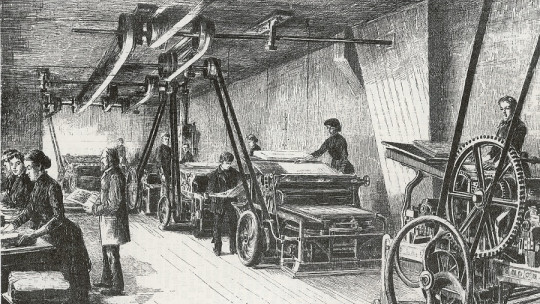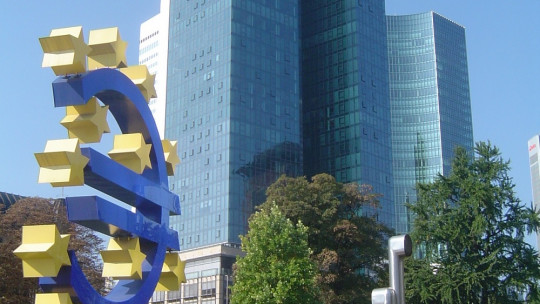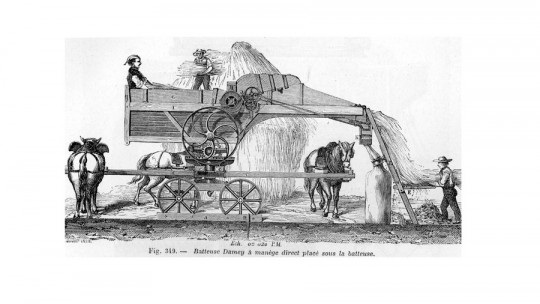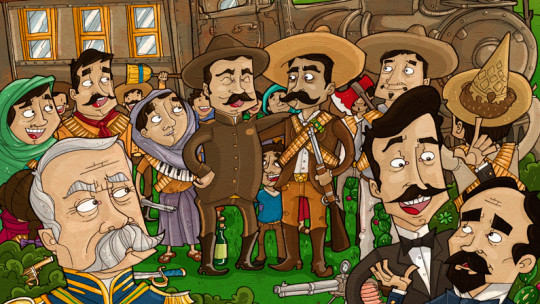
The last known revolution with a clear label had been the so-called Third Industrial Revolution. The name was the work of sociologist and economist Jeremy Rifkin, and refers to the sudden changes that the industry experienced at the end of the 20th century and the beginning of the 21st with the appearance of technological devices and the Internet. For this reason, this revolution is also often referred to as the Technological Revolution.
But has the process stopped here? Is the Technological Revolution the last of the revolutions? According to many experts, no. Currently, we are immersed in what would be the fourth revolution in history, the so-called Revolution 4.0. Next, we will try to explain what its characteristics are.
What is the Fourth Industrial Revolution?
The First Industrial Revolution, which began at the end of the 18th century, was characterized by the replacement of human labor by the first machines, which facilitated and increased production. The Second occurred at the end of the 19th century with the arrival of electricity, which represented a true revolution and which allowed, years later, the arrival of artificial intelligence. Precisely, this last stage, which would correspond to the last decades of the 20th century and the beginning of the 21st, has been called the Third Industrial Revolution or Technological Revolution, as it has meant an unprecedented growth in the use of technological devices and an increase in the speed of communications thanks to the Internet.
Our era is the one that marks the beginning of the Fourth Industrial Revolution, characterized by the improvement and fusion of techniques from different areas, such as digital and biological technology Thus, genetic engineering will experience a real takeoff along with neurotechnology, and this will open up never-before-seen possibilities for technological development.
One of the main characteristics that define this Fourth Industrial Revolution is that it does not aim to promote technological development to levels never seen before, but rather to take advantage of and combine the advances already achieved in the previous industrial revolution in different fields to fully exploit all possibilities.
According to Klaus Schwab, executive director of the World Economic Forum (WEF) and author of the book The Fourth Industrial Revolutionthere are three factors why we cannot speak of a simple extension of the last industrial revolution: on the one hand, the speed of advances and, on the other, the scope and impact that these have on production and consumption systems
And… what could be its consequences?
Many experts, however, are not so optimistic, and wonder what impact these radical changes will have on our way of life. For example, one of the main objectives of the Fourth Industrial Revolution is the development of the “smart factory”, a production system in which humans will simply no longer have a place. Thus, cyberphysical systems, which combine tangible machinery with digital systems will allow the production chain to be managed autonomously without any person intervening in the process.
The consequent question is the following: what will happen to jobs then? In an overpopulated world, in which it is increasingly difficult to guarantee the population access to the world of work, all this digital innovation could be counterproductive, and we would perhaps face the elimination of millions of jobs.
In a British newspaper column Guardian, the CEO of Greenpeace, David Ritter, expressed his skepticism in this regard, since, according to him, what appear to be banal changes in our daily lives (the use of mobile applications, smart devices, etc.), have an aggressive impact on our around. Similarly, Ritter emphasizes the need for a democratic consensus when establishing this new economic system, given the consequences it may have in the future. That is to say; The Fourth Industrial Revolution can be positive, as long as it is linked to good political decisions.
Technological Darwinism
Many specialists have already coined the curious term “technological Darwinism” to refer to the consequences that the harsh technological escalation can have on those who fail to adapt to this new reality. This is the case, for example, of older people who are not used to interacting with digital devices, as was demonstrated during the COVID-19 pandemic.
Not only that; The changes are so rapid and frequent, that lately This “technological gap” occurs with increasing frequency in younger age groups, with the impact this has on access to the labor market Hence the name “technological Darwinism”, a parallel between the adaptation of species to the environment and the adaptation to digitalization. In other words; If you don’t keep up, you’re out.
Unprecedented changes?
Most experts maintain that this Fourth Industrial Revolution represents the greatest change that humanity has experienced. Those who affirm this may forget that, more than 9,000 years ago, another revolution occurred, much larger and with greater consequences than the one we are currently experiencing. We are referring, of course, to the so-called Neolithic Revolution.
Almost ten millennia ago, human beings went from a subsistence economy, based on hunting and gathering, to a sedentary lifestyle that was based mainly on agriculture. This change in the process of obtaining food not only implied an increase in population and the generation of surpluses for trade, but also a total settlement of populations and, therefore, the appearance of bureaucracy and the state. Without a doubt, we would not be here now if it had not been for this first revolution or, at least, we would live in a very different way.
So that, Is the Fourth Industrial Revolution the greatest change that humanity has experienced? It is still early to talk about consequences and the impact it will have on our lifestyle. For now, let’s hope that governments are aware of how much is at stake and take appropriate measures in this regard.








